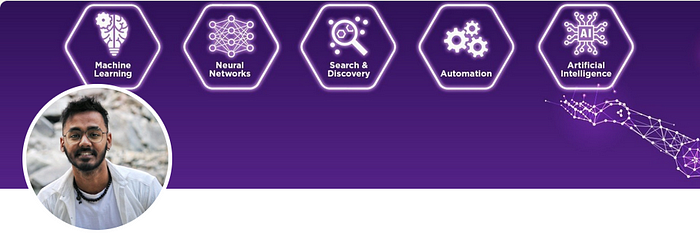Demystifying RAGAS: A Deep Dive into Evaluating Retrieval-Augmented Generation Pipelines (Part 2: Unveiling the RAGAS Framework)

Continuing our exploration of RAG and its evaluation, part 1 introduced the concept of Retrieval-Augmented Generation and the challenges associated with evaluating RAG pipelines. We also saw how the RAGAS framework provides a powerful solution for automated and objective evaluation.
In this part, we’ll delve into the inner workings of RAGAS, exploring its core functionalities and the metrics it uses to assess your RAG pipeline’s performance.
The RAGAS Framework: A Closer Look
RAGAS can be broken down into two main functionalities:
Generating Synthetic Datasets:
- Generating Synthetic Datasets: RAGAS can create simulated test sets specifically designed to evaluate RAG pipelines. These synthetic datasets mimic real-world use cases and provide a controlled environment for testing.
- Reference-Free Evaluation with LLMs: Instead of relying on human-annotated references, RAGAS leverages other LLMs to assess the generated text. This is achieved through a two-step process:
- Retrieval Evaluation: RAGAS retrieves relevant passages from the external knowledge source based on the prompt. It then uses another LLM to evaluate the retrieved information’s relevance and focus compared to the prompt.
- Generation Evaluation: Once the retrieved information is deemed relevant, RAGAS utilizes the generated text and the prompt to assess the overall quality of the LLM’s output using another LLM. This evaluation focuses on aspects like coherence, factual accuracy, and informativeness.
Benefits of RAGAS’ Two-Step Evaluation
This two-step approach offers several advantages:
- Reduced Costs: Eliminates the need for human annotators, making the evaluation process more cost-effective.
- Scalability: RAGAS can handle large datasets efficiently, making it suitable for continuous evaluation and monitoring of RAG pipelines.
- Objectivity: By using LLMs for evaluation, RAGAS minimizes human bias and ensures a more objective assessment.
RAGAS Metrics: Demystifying Performance Measurement
RAGAS provides a comprehensive suite of metrics to analyze various aspects of your RAG pipeline.
- Context_relevancy: This metric measures how well the retrieved information from the external source aligns with the prompt. A high score indicates that the retrieved passages are relevant and provide the necessary context for the LLM to generate an accurate response.
- Context_recall: This metric assesses the completeness of the retrieved information. A high score signifies that RAGAS has successfully retrieved most of the relevant information from the external source.
- Faithfulness: This metric evaluates how faithfully the generated text reflects the retrieved information. A high score indicates that the LLM has accurately incorporated the retrieved context into its generation.
- Answer_relevancy: This metric measures how well the generated text addresses the prompt or question. A high score signifies that the LLM has produced a response that is not only factually accurate but also directly answers the user’s query.
The RAGAS Score: A Holistic Evaluation
RAGAS combines these individual metrics into a single RAGAS score that provides a holistic evaluation of your RAG pipeline’s performance. This score allows you to quickly gauge the overall effectiveness of your RAG system and identify areas for improvement.
Next Steps: Putting RAGAS into Action
Now that you understand the core functionalities and metrics of RAGAS, the next step is to see it in action! In Part 3, we’ll provide code examples and a practical guide to setting up and using RAGAS for evaluating your own RAG pipelines. Stay tuned!

Stay updated with all my blogs & updates on Linked In. Welcome to my network. Follow me on Linked In Here — -> https://www.linkedin.com/in/bishalbose294/
